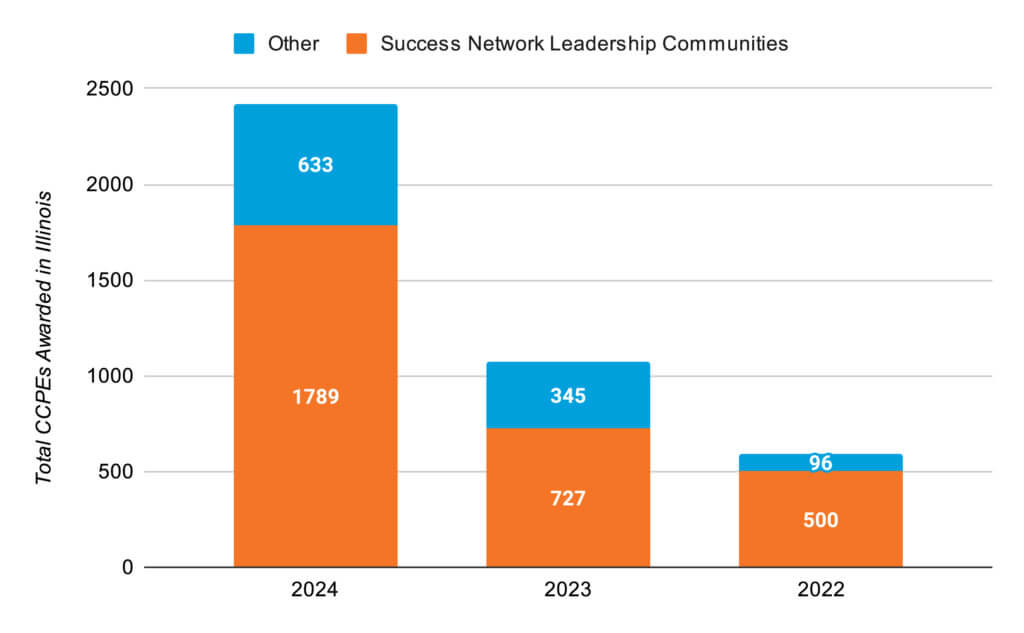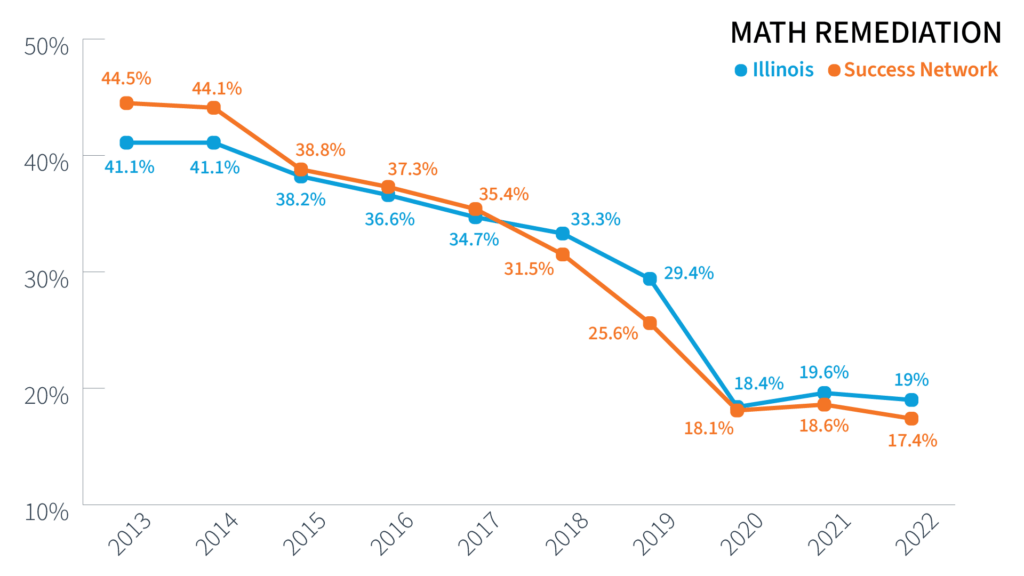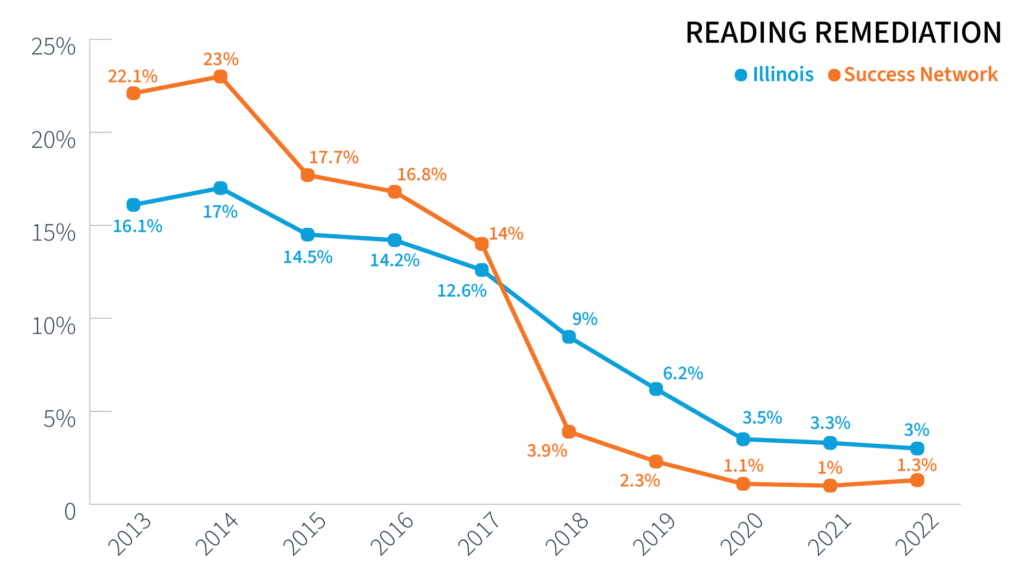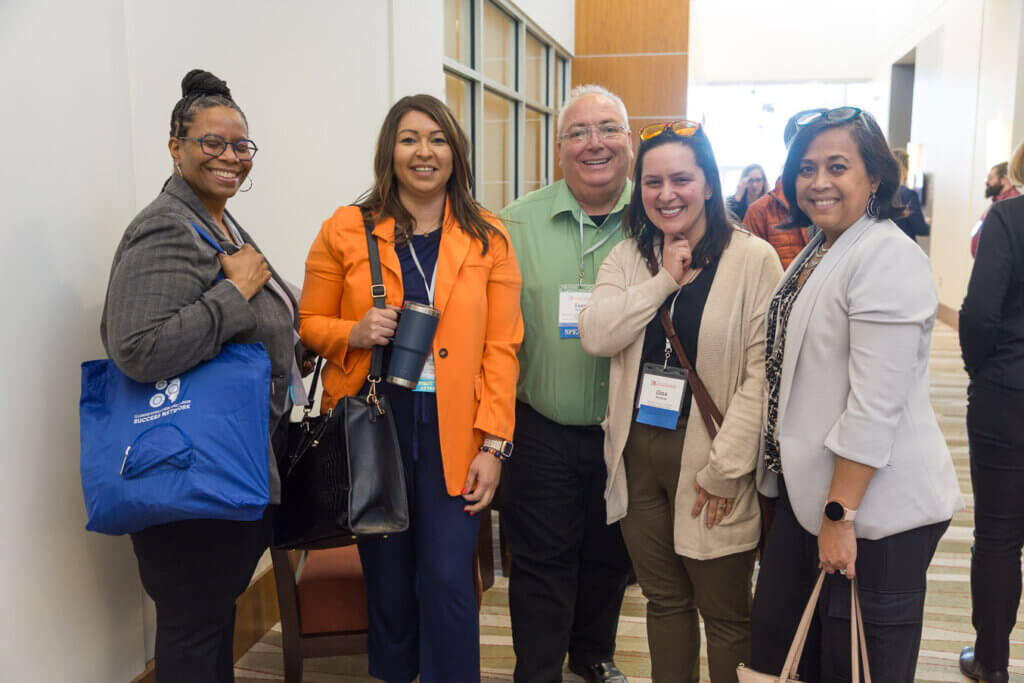The Illinois Education and Career Success Network is thrilled to welcome Highland Region Pathways to Success and Chicago Southland Collaborative for Education as its newest Leadership Communities in 2025.
Chicago Southland Collaborative for Education, led by Prairie State College and the Career Preparation Network, brings expertise in dual credit with established career pathways, regional-based collaborations, apprenticeships, internships, and career counseling.
“Collaboration is key to maximizing our impact. Partnering with other institutions allows us to leverage resources, share expertise, and develop innovative programs that better serve the diverse needs of our students and contribute to a stronger community,” says Dr. Michael D. Anthony, President of Prairie State College.
Highland Region Pathways to Success, led by Highland Community College, ROE 8, and Northwest Illinois Economic Development (NWILED), brings expertise in regional collaboration, career pathways development, postsecondary partnerships, and dual credit programs.
“For our rural communities to thrive, we need a skilled and educated workforce. Increasing postsecondary attainment isn’t just about individual success; it’s about building a stronger, more prosperous future for everyone in our region,” says Highland Community College President Chris Kuberski.
“We are excited to extend the reach of the Success Network into the south suburbs of Chicago and northwestern Illinois,” says Director Edith Njuguna. “These two communities serve large numbers of students from historically underrepresented communities, and we look forward to learning from their work and supporting their efforts to advance postsecondary attainment.”
About the Success Network
Launched in 2013, the Illinois Education and Career Success Network supports communities across the state to increase meaningful and equitable postsecondary attainment. In Illinois, 70 percent (4,168,000) of jobs will require postsecondary training beyond high school in 2031. Currently, 57.3% of Illinois adults have a high-quality postsecondary college or career credential—a significant increase from 43% in 2013, when the Network was established. The Success Network (formerly the Illinois 60 by 25 Network) is organized by Advance Illinois, Education Systems Center at Northern Illinois University, and the Illinois Student Assistance Commission.
Since 2015, the Network Organizers have formally recognized communities with systems in place to drive meaningful and equitable postsecondary attainment as Leadership Communities. To date, 20 communities have applied for and received this designation. Leadership Communities are eligible to receive targeted technical assistance, funding to support community-level approaches to career pathway system development and increasing postsecondary degree and credential attainment, and access to the Success Network Dashboard. They join a peer-to-peer learning Network of communities pursuing similar goals.
Leadership Communities continue to lead the way in supporting students as they transition from high school to postsecondary education. For example, 1,789 (78%) of the 2,422 students across the state who earned a College and Career Pathway Endorsement were from Leadership Communities.

In addition, the percentage of students from Leadership Communities taking remedial courses has declined at higher rates than overall Illinois results: by 27 percentage points in math compared to 22 percentage points statewide, and by 20 percentage points in reading compared to 13 percentage points statewide since the Success Network began. This means tens of thousands of students can enter credit-bearing math and English courses in two-year universities and some four-year institutions, saving them time and money.





